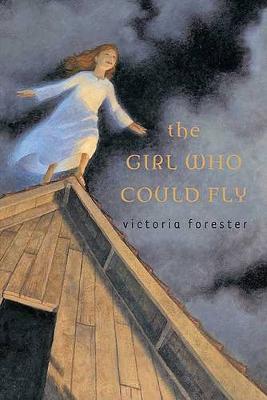
Briana @ Pages Unbound
The book opens in rural Lowland County, where the McClouds have been farming their plot of land for generations. The people here like tradition and aren’t accustomed to change; reading this section is like reading a book set in the 1800s, where little girls braided their hair in plaits, wore gingham dresses, and walked to school carrying lunch pails they would set to cool in the stream. Forester chooses just the right voice for the book based on this setting, giving Piper and her folks a bit of a country accent and steady personalities that value hard work, virtuous living, and keeping tradition going.
Piper, of course, puts a bit of a wrench in the plans. She has the country accent, which she’s mocked for when she leaves for school and discovers the rest of the world has been modernized, but she doesn’t have the character of a steady farm girl. She’s high-spirited, sometimes flighty. And her spunk makes her fun to read about, as she certainly isn’t afraid to try to make things change.
The rest of the cast is similarly varied in personality. Forester does fall into the trap of writing twins who are “just like one person” (and apparently enjoy having no individual identities, which I think it is a new low in twin characterization), but otherwise has a good mix of personalities. The villain falls a little apart at the end, as she has a sudden personal revelation that isn’t much explored before she’s dropped from the story, but she’s an exception.
The pacing mostly works out. The story starts a bit slowly and ends a bit oddly, as it looks clearly to have been trying to conclude while keeping itself open for a sequel that just never happened. However, for the most part I was really engaged in the story and didn’t once put it down because I got bored. The Girl Who Could Fly isn’t going to be my favorite middle grade book of the year or anything, but it is entertaining and I think readers who normally enjoy middle grade fantasy would like it.


